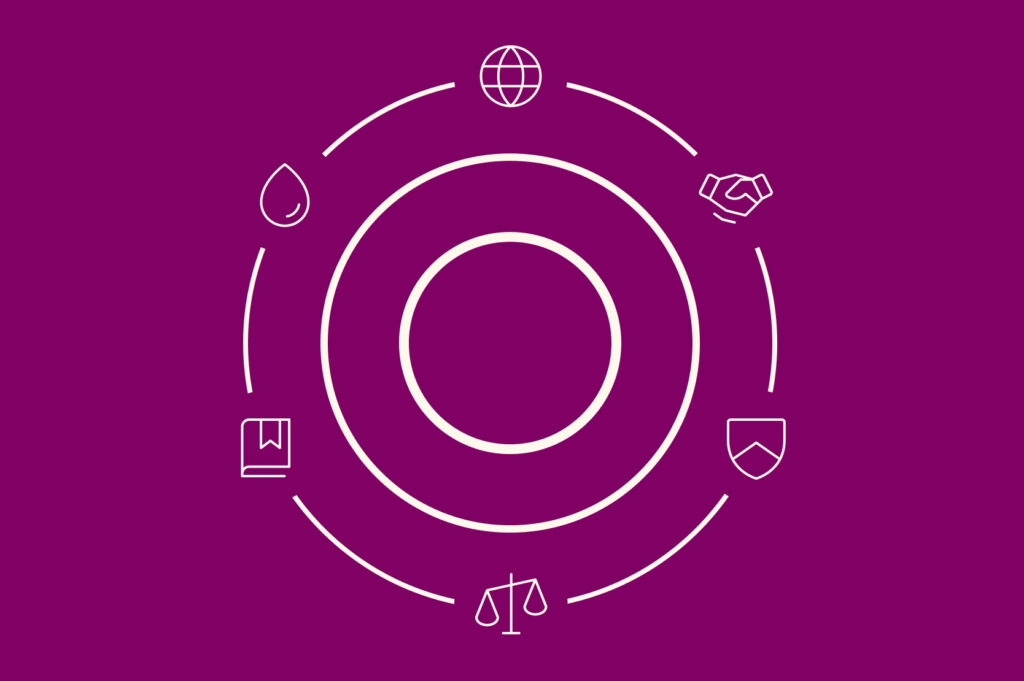

Our integrative approach seeks to remove barriers to learning for all students and ensure that girls in particular have access to the knowledge, resources, and support they need to stay in school and make informed choices about their bodies, their education, and their futures.

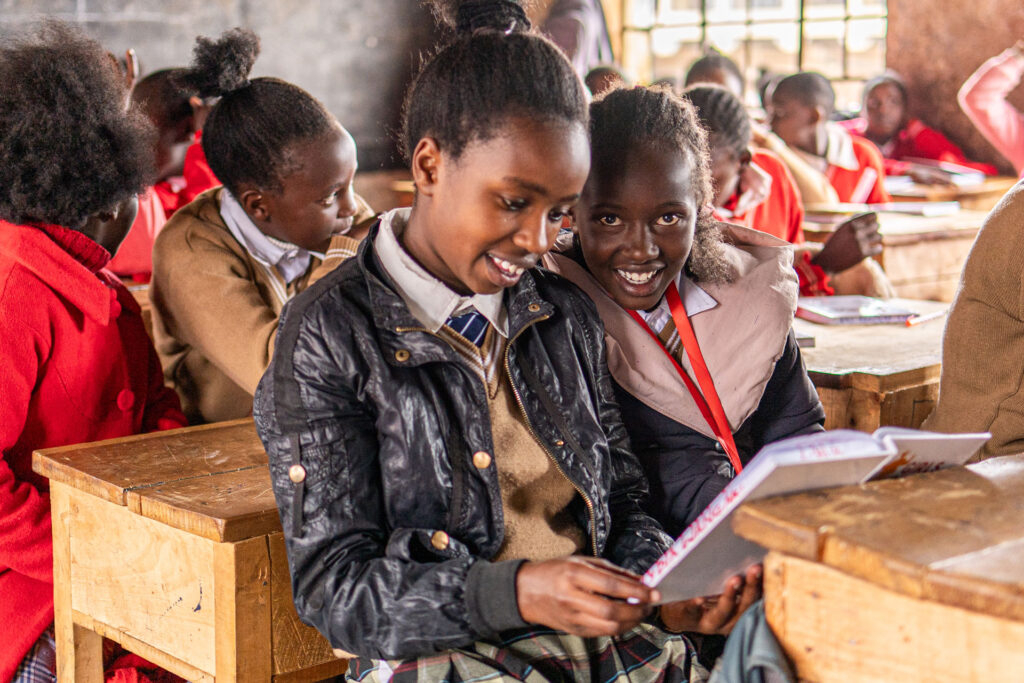

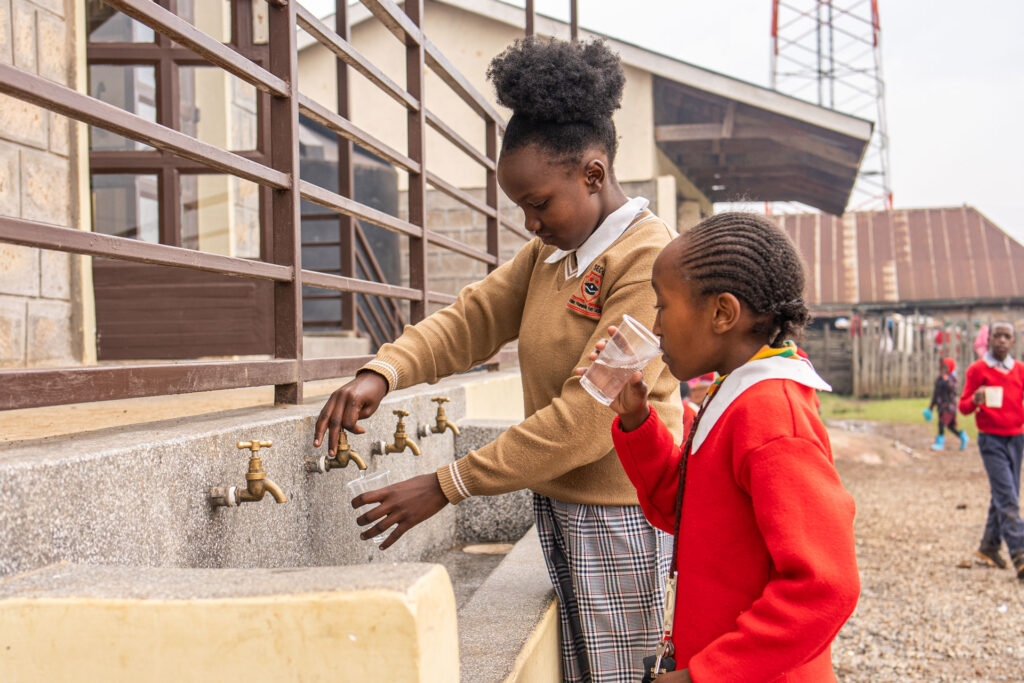
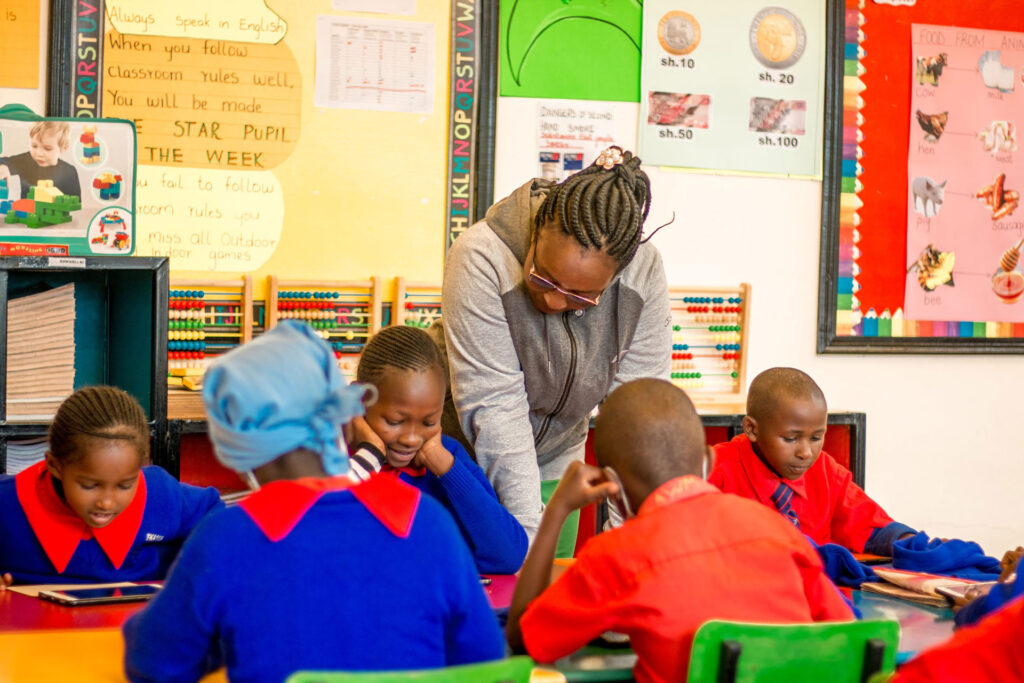
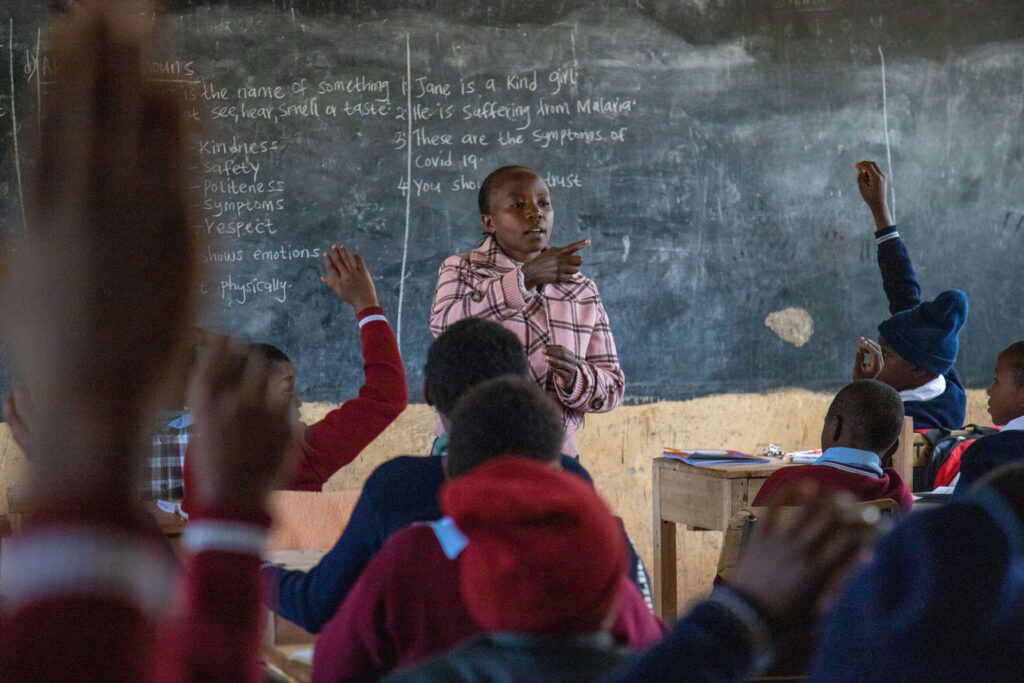
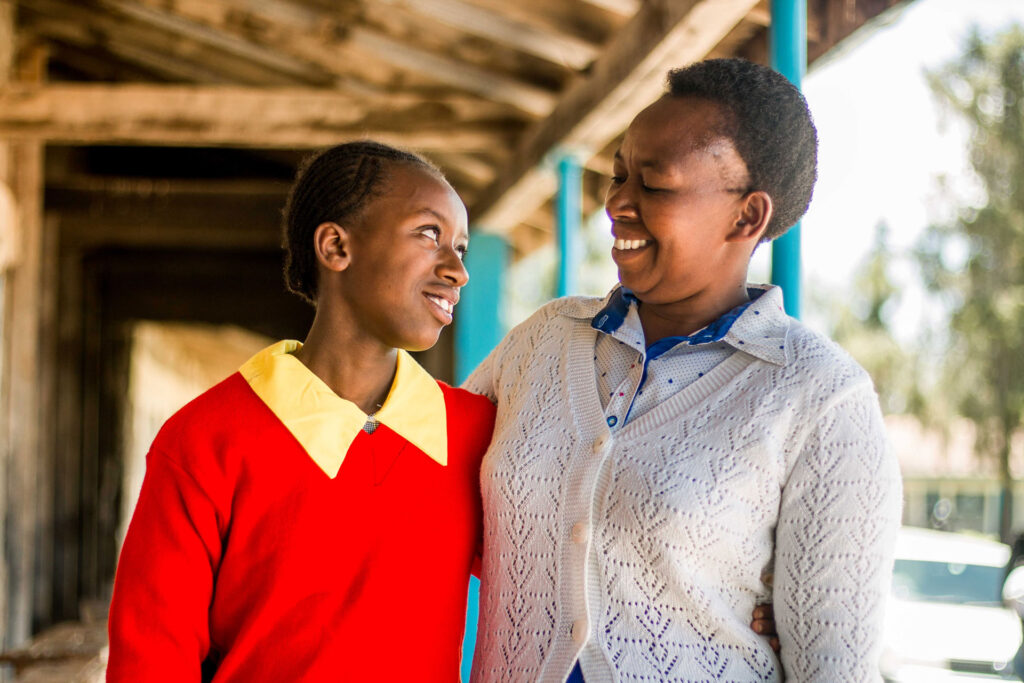

We support 11,160 students across 19 public primary schools through five core initiatives: Girls Education & Leadership, School Meals, Clean Water & Sanitation, Trained & Equipped Teachers, Safe & Inclusive Classrooms, and Gender-Based Violence Prevention.
402 primary school teachers are enrolled in our Teacher Training Center through which we support them as they strive to create gender-equitable classrooms and enhance student learning.
After completing a year of our Teacher Training, 65% of teachers achieved a level of proficiency in the development of basic technology skills, including being able to access online resources needed to develop engaging lesson plans and foster equitable learning environments (0% at baseline; 65% at endline).
We saw a 112% increase in the number of primary school teachers who reported feeling confident to report gender-based violence and ensure access to victim services following participation in our Gender-Based Violence Prevention Program (38% at baseline; 100% at endline).
88% of schools meet the basic level of water and sanitation service in schools, as defined by the WHO/UNICEF Joint Monitoring Programme, which requires that students have access to clean water, safe toilets and hand washing facilities at school (0% at baseline; 88% at endline).
As a result of our Gender-Based Violence Workshops, we saw a 74% increase in teachers who accurately identified the types of gender-based violence (including corporal punishment, female genital mutilation, physical abuse, verbal abuse, and sexual abuse) (56% at baseline to 80% at endline).
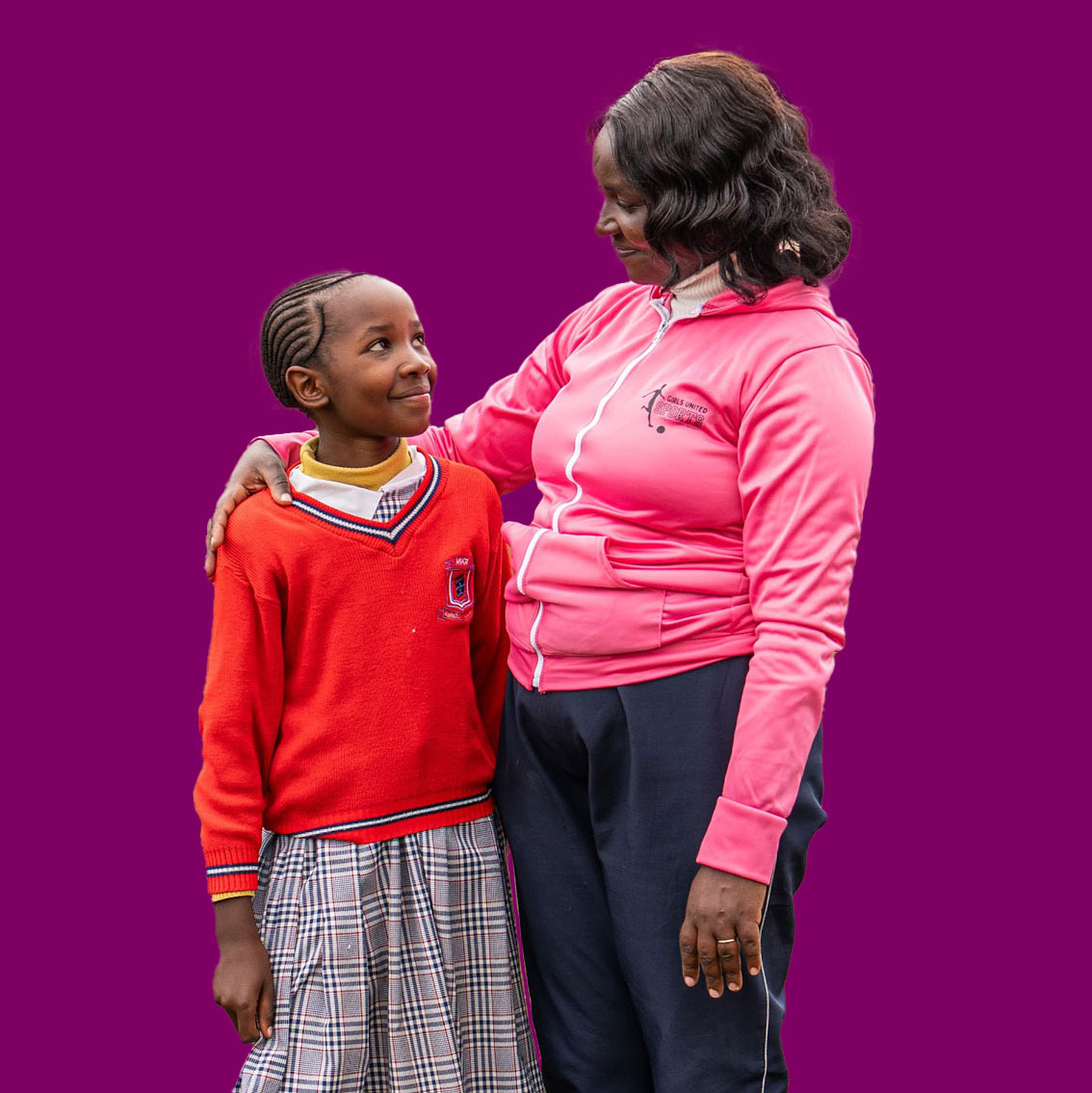
Flying Kites partners with public teachers in rural Kenya to transform schools into places that all students, especially girls, can thrive. Our holistic programs foster safe and inclusive learning environments that strengthen public schools by supporting girls’ education and well-being, improving education access and quality, and community mobilization and capacity building.